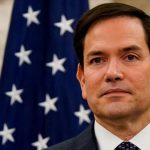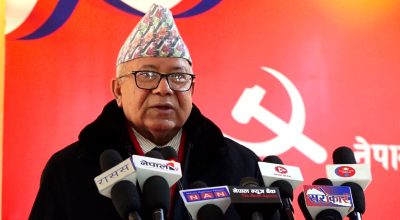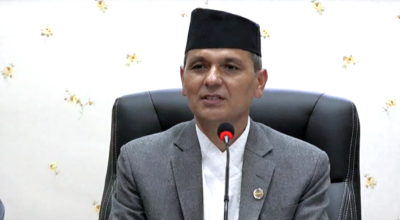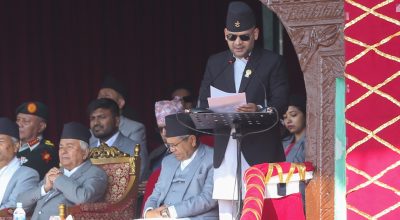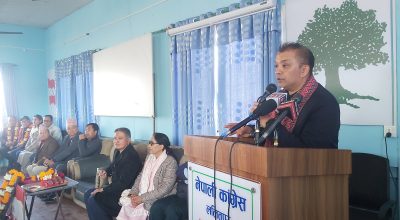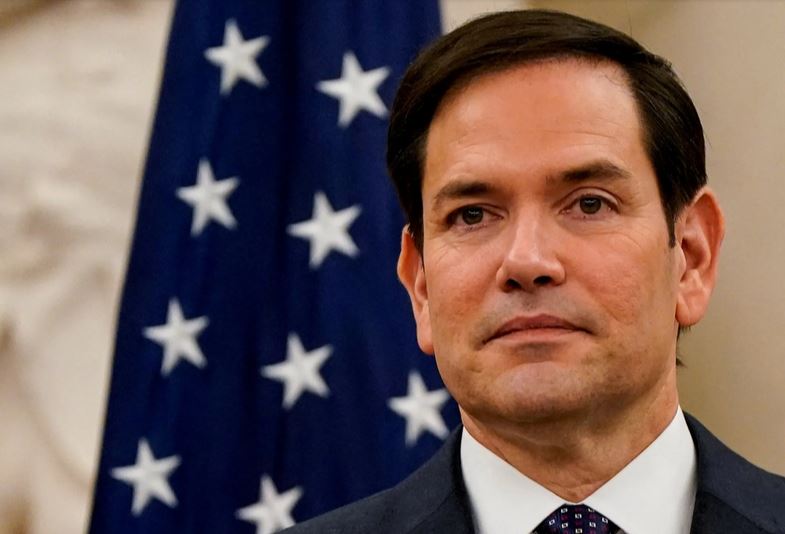
Marco Rubio
When Donald Trump won his sweeping victory in November, he received a mandate to put America first. In the realm of diplomacy, this means paying closer attention to our own neighborhood—the Western Hemisphere.
It’s no accident that my first trip abroad as secretary of state, to Central America on Friday, will keep me in the hemisphere. This is rare among secretaries of state over the past century. For many reasons, U.S. foreign policy has long focused on other regions while overlooking our own. As a result, we’ve let problems fester, missed opportunities and neglected partners. That ends now.
President Trump’s foreign-policy agenda begins close to home. Among his top priorities is securing our borders and reversing the disastrous invasion abetted by the last administration. Diplomacy’s role in this effort is central. We need to work with countries of origin to halt and deter further migrant flows, and to accept the return of their citizens present in the U.S. illegally.
Some countries are cooperating with us enthusiastically—others, less so. The former will be rewarded. As for the latter, Mr. Trump has already shown that he is more than willing to use America’s considerable leverage to protect our interests. Just ask Colombia’s President Gustavo Petro.
Yet even when circumstances demand toughness, the president’s vision for the hemisphere remains positive. We see a prosperous region rife with opportunities. We can strengthen trade ties, create partnerships to control migration, and enhance our hemisphere’s security.
El Salvador, Guatemala, Costa Rica, Panama and the Dominican Republic—the countries I will visit on this trip—all stand to benefit tremendously from greater cooperation with the U.S. These nations were neglected by past administrations that prioritized the global over the local and pursued policies that accelerated China’s economic development, often at our neighbors’ expense.
We can reverse this. Covid exposed the fragility of America’s dependence on far-flung supply chains. Relocating our critical supply chains to the Western Hemisphere would clear a path for our neighbors’ economic growth and safeguard Americans’ own economic security.
Closer relationships with the U.S. lead to more jobs and higher growth in these countries. This reduces incentives for emigration from these countries while providing governments with revenue to fight crime and invest at home. As our regional partners build themselves up, they can more easily resist countries such as China that promise much but deliver little.
Mass migration has destabilized our entire region. Drug cartels—now correctly categorized, thanks to the president, as foreign terrorist organizations—are taking over our communities, sowing violence and poisoning our families with fentanyl. Illegitimate regimes in Cuba, Nicaragua and Venezuela are intentionally amplifying the chaos. All the while, the Chinese Communist Party uses diplomatic and economic leverage—such as at the Panama Canal—to oppose the U.S. and turn sovereign nations into vassal states.
I am confident that the countries I will soon visit will be ready partners. Like President Trump, their leaders are pragmatists who put their citizens first. And because they are pragmatists, they also know that there is much more to be gained from working with the U.S. than not.
This is an approach to foreign policy based on concrete shared interests, not vague platitudes or utopian ideologies. It is representative of the approach the State Department will be taking to all its international dealings. We will extend our hand to all nations of goodwill, in the confident expectation that they will recognize what we can do together.
Thankfully, the Western Hemisphere harbors more congruent interests than conflicting ones. Making America great again also means helping our neighbors achieve greatness. The threats Mr. Trump was elected to stop are threats to the nations of our hemisphere as well.
We share a common home. The safer, stronger and more prosperous that home becomes, the more all our nations stand to benefit. Together, there are few limits to what we can accomplish.
Mr. Rubio is U.S. secretary of state.
[Source: https://www.wsj.com/opinion/an-americas-first-foreign-policy-secretary-of-state-rubio-writes-western-hemisphere-too-long-neglected]




